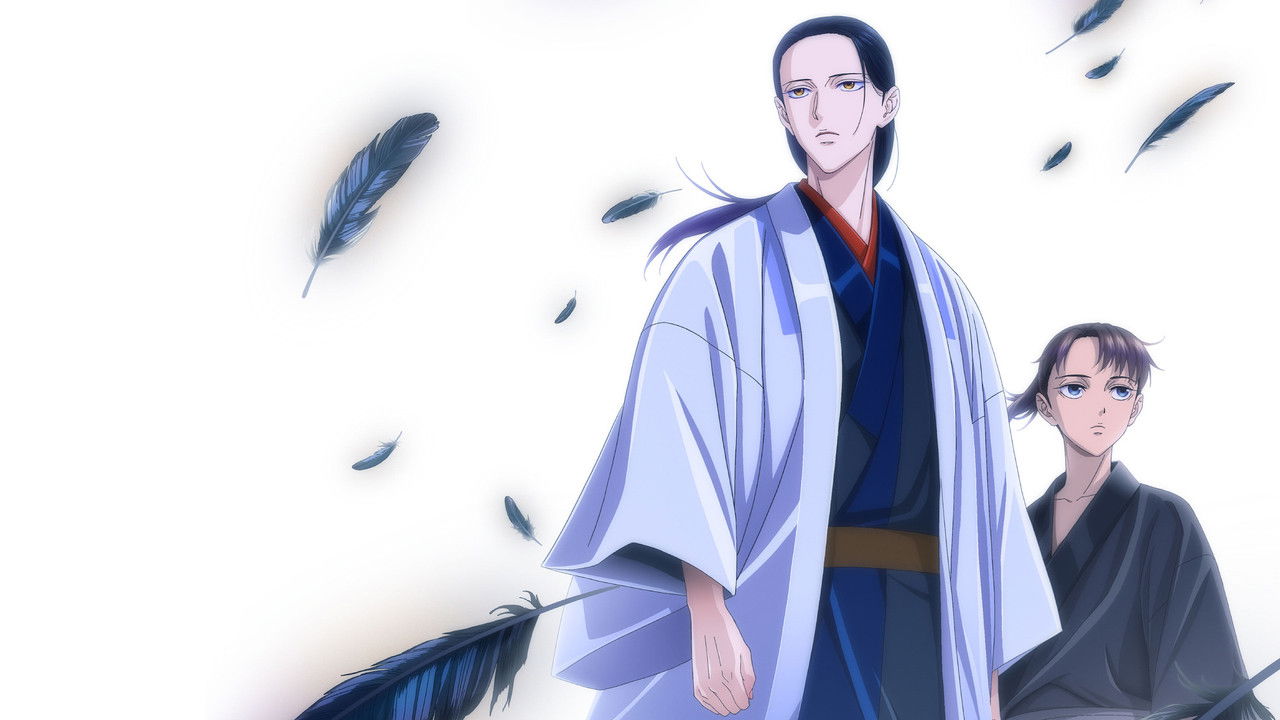

NHK
Featured Show:
YATAGARASU: The Raven Does Not Choose Its Master
Welcome to Yamauchi, a world inhabited by the Yatagarasu, a race of three-legged ravens who shapeshift into humans. The land is divided into four regions—North, South, East, and West—each ruled by a noble family. Yukiya, the son of a leader in the North, is shocked by a call to attend to the Imperial Prince. Murder, mysteries, and an invasion from an unexpected enemy await in this epic fantasy.
NHK TV Shows
453 shows • Page 2 of 23
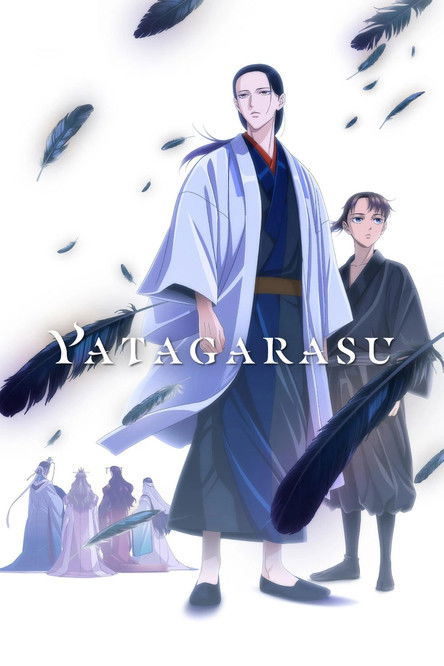
YATAGARASU: The Raven Does Not Choose Its Master
Welcome to Yamauchi, a world inhabited by the Yatagarasu, a race of three-legged ravens who shapeshift into humans. The land is divided into four regions—North, South, East, and West—each ruled by a noble family. Yukiya, the son of a leader in the North, is shocked by a call to attend to the Imperial Prince. Murder, mysteries, and an invasion from an unexpected enemy await in this epic fantasy.
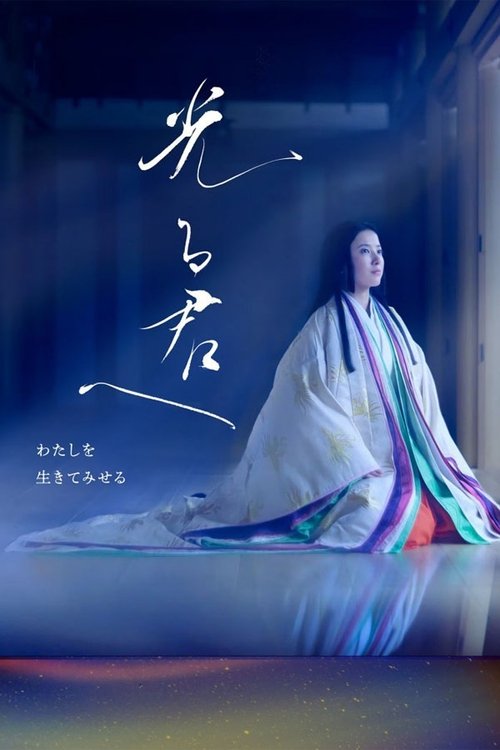
Dear Radiance
Murasaki Shikibu (Yoshitaka Yuriko), the heroine of this story, wrote the bestseller 'The Tale of Genji,' transcending a thousand years during the Heian period. She weaves the story of Hikaru Genji, fueled by her love for Fujiwara no Michinaga (Emoto Tasuku), with her hidden passion and incomparable imagination. It is a tale of a woman who lived with unchanging love in an ever-changing world. (From TV JAPAN)
 0
0チョイ住み
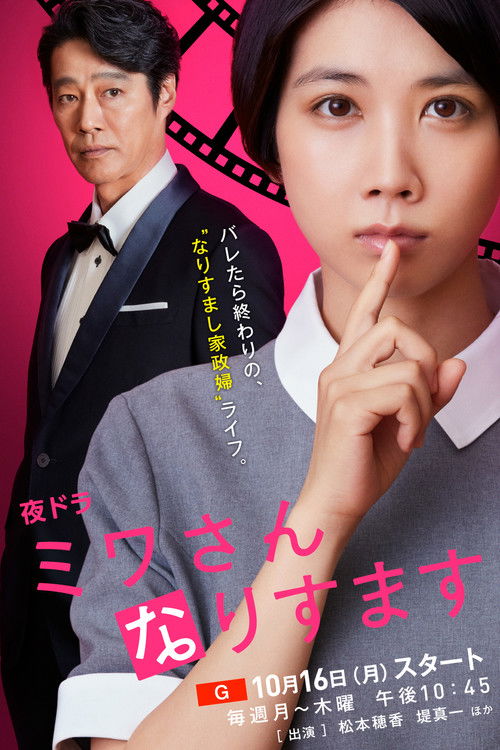
Impersonating Miwa
Miwa Kubota is a 29-year old movie fanatic who just got fired from her dead-end job. She saw that her favorite actor, the world-renowned Takahashi Yakai, is looking for a housekeeper. Even though she is totally unqualified, she goes there anyway. When she saw the new hire get into an accident outside his door, Miwa steps in to become the "pretend" housekeeper for her idol.
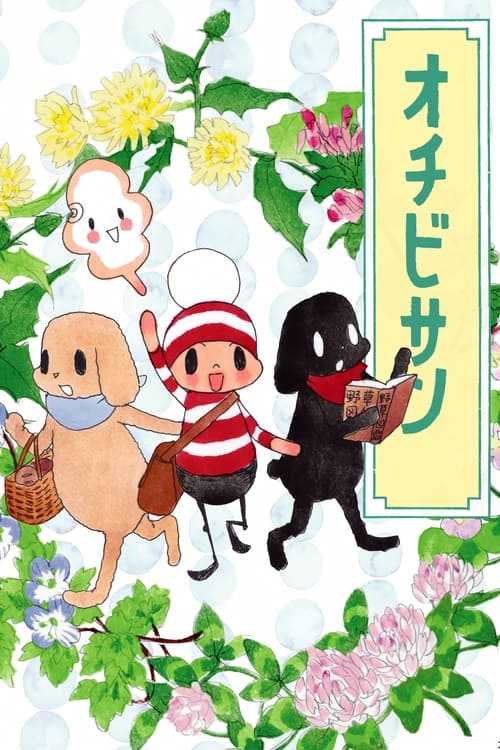
The Diary of Ochibi
In Mametsubu-cho, a little town somewhere in Japan's ancient capital of Kamakura, the cheerful Ochibi lives a free and easy life. Together with his friends — the dog Nazeni, the mischievous cat Jack, and the ever-hungry pooch Pankui — he welcomes the new discoveries and acquaintances that come with the changing seasons. The spring brings flowers and greenery; the summer, chances to swim in the cool sea. With autumn come the fiery red maples, and winter brings hot and hearty meals. These events and shifts of season are drawn with a soft and tender touch, bringing out the warmth in the details of everyday life.
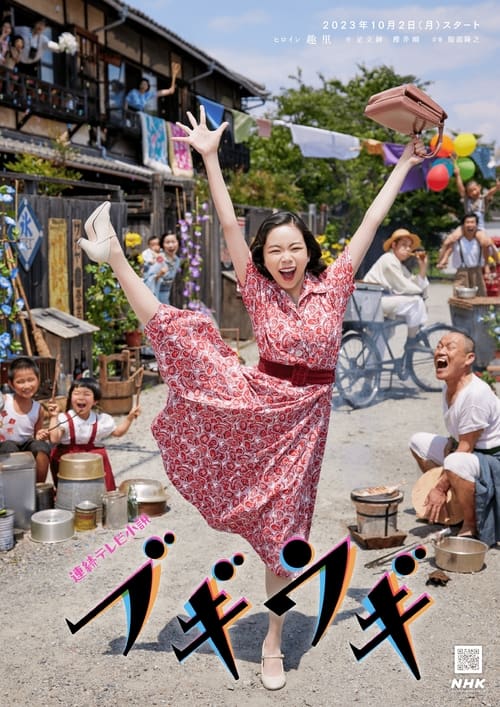 0
0Boogie Woogie
Sets in the 1910s, this is the story of Hanada Suzuko, a young girl who grew up in a family that owned a bathhouse in downtown Osaka. From a young age, Suzuko loved to sing and dance, and joined the Umemaru Girls Opera Company (USK) in Dotonbori. Suzuko continued to show her talent for singing and eventually became a star of the postwar era.
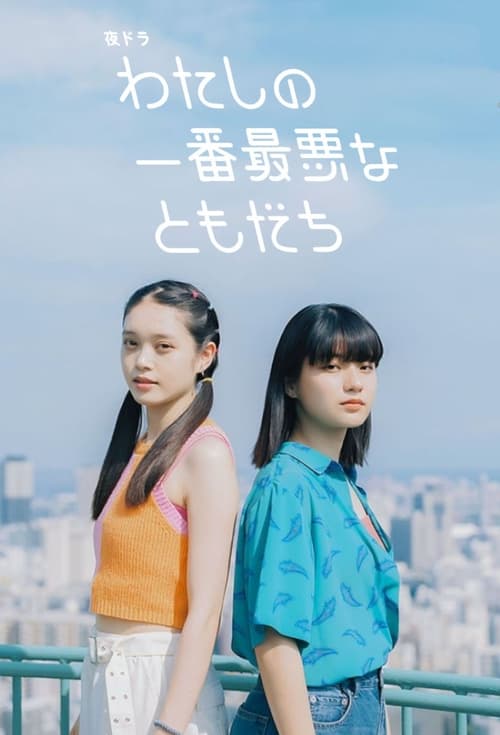
My Worst Friend
Hotaru (Makita Aju), a college senior on a job-hunting losing streak, finds her childhood friend Miharu (Takaishi Akari) her nemesis. Miharu responds to disputes in their classroom with a fair argument and overcomes various accidents with her ingenuity, always basking in the dazzling spotlight. Wanting to be like Miharu, Hotaru applies for the employment exam acting a girl someone like Miharu and she passes the first paper screening. Still puzzled by the situation, she continues to lie with a smile for the following interview, and the next, and the next... (Source: TV Japan)
 0
0Please Tell Me Your Playlist
Do you have a music playlist? What are your thoughts there? In this program, we will cover the playlists of various people and introduce how music is close to people and has a great impact on their lives. Please enjoy the wonderful life stories of the people who are appearing and the many wonderful songs.
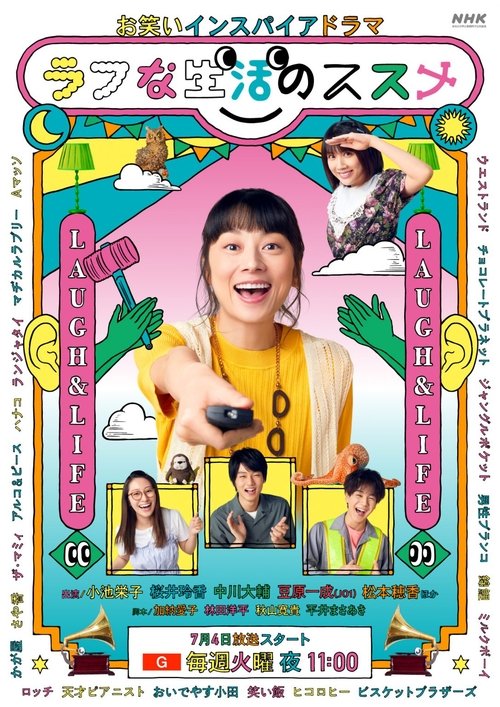 0
0Recommendations for a Rough Life
A story in which Emi, the owner of a general store, brightly and powerfully solves small troubles brought in by her family and those around her.
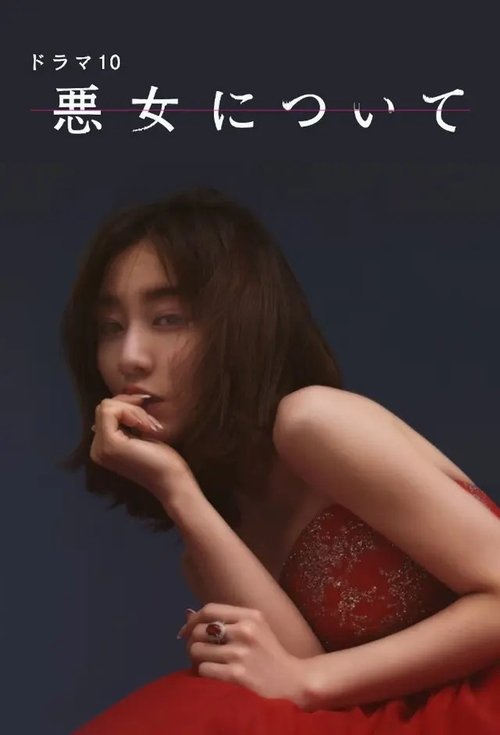 0
0悪女について
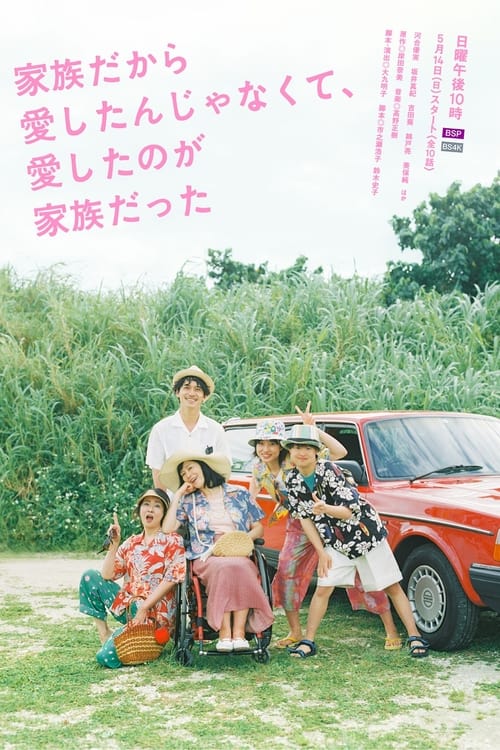
I Didn't Love You Because I Was a Family, But I Loved You as a Family
Follow the daily lives of the Kishimoto family.
 0
0野口聡一・劇団ひとりの2030月面テレビ
 0
0Fujiko F. Fujio Sci-Fi Short Drama
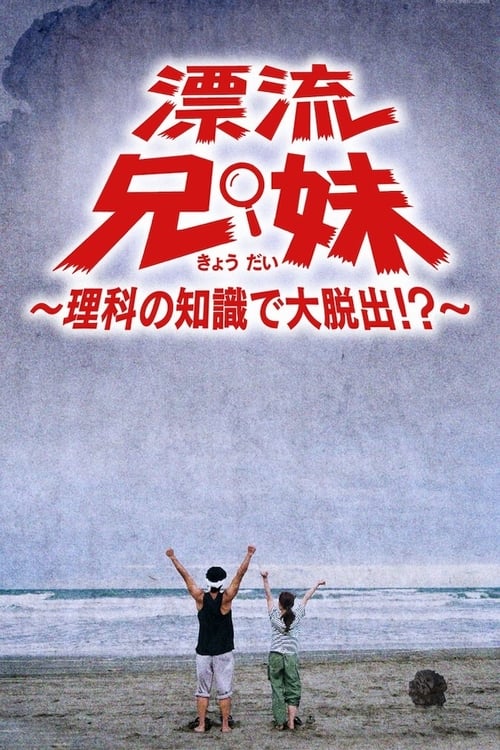 0
0漂流兄妹~理科の知識で大脱出!?~
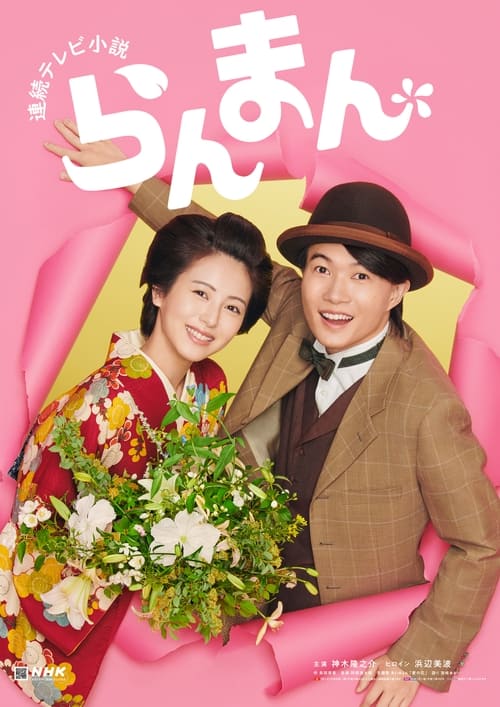
Ranman
The story of Makino Mantaro (Kamiki Ryunosuke), a botanist who ran through the Meiji era (1868-1912) in full bloom, begins. Born the heir to the Tosa sake brewery Mineya, Mantaro (Yurito Mori) is a boy who loves plants and flowers and led a straightforward life. His life was colored by the many vivid encounters he had with many people. People whom Mantaro met in his hometown of Kochi, and whose way of life and words gave him a guideline for his life. "Ranman," is a drama in which charming characters bloom freely around the main character, Mantaro, just like flowers.
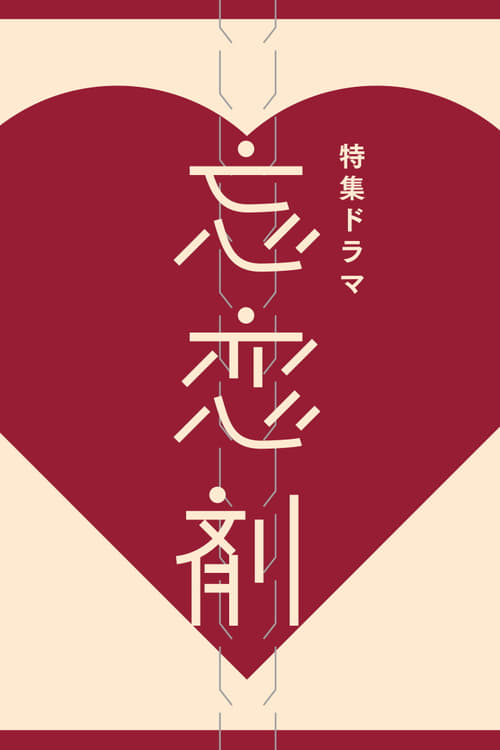
To Forget the Memories of Your Love
Two exes who broke up five years later try a "love potion" that allows them to forget the memories they have together.
 0
0恐竜超世界2
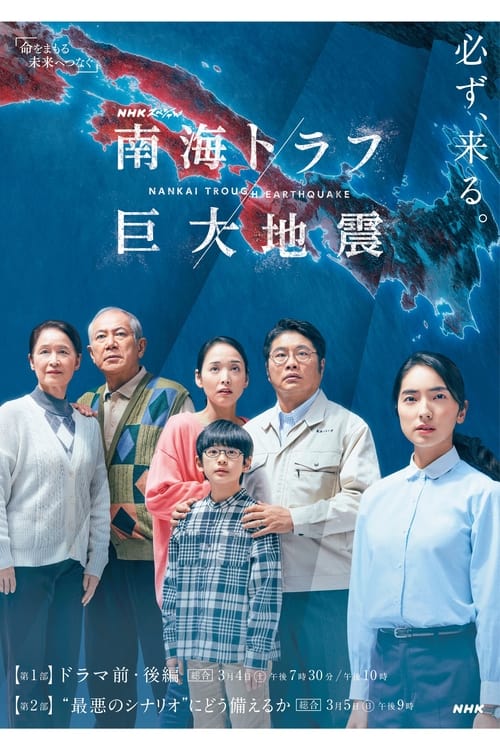
Nankai Through Earthquake
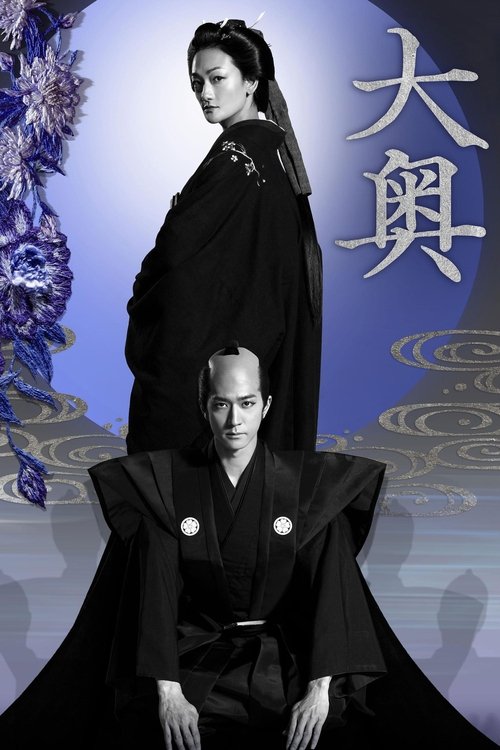
Ooku: The Inner Chambers
In an alternative feudal Japan, a strange disease that only affects males caused a massive population reduction, leaving females to fill the vacant jobs, therefore changing the social structure. Now, 80 years after the initial outbreak with a 1:4 male:female ratio, Japan is a completely matriarchal society. Females hold all important political positions, and males are their consorts. Only the most powerful female—head of Tokugawa shogunate—may keep a harem of handsome and unproductive males, known as "Ōoku".
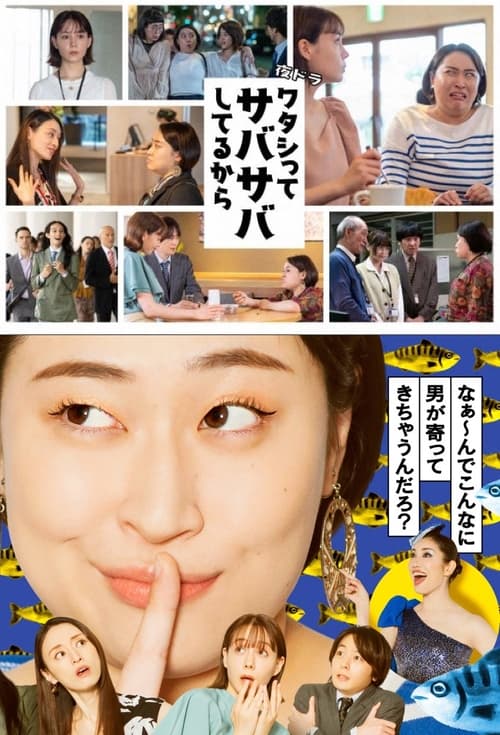 0
0